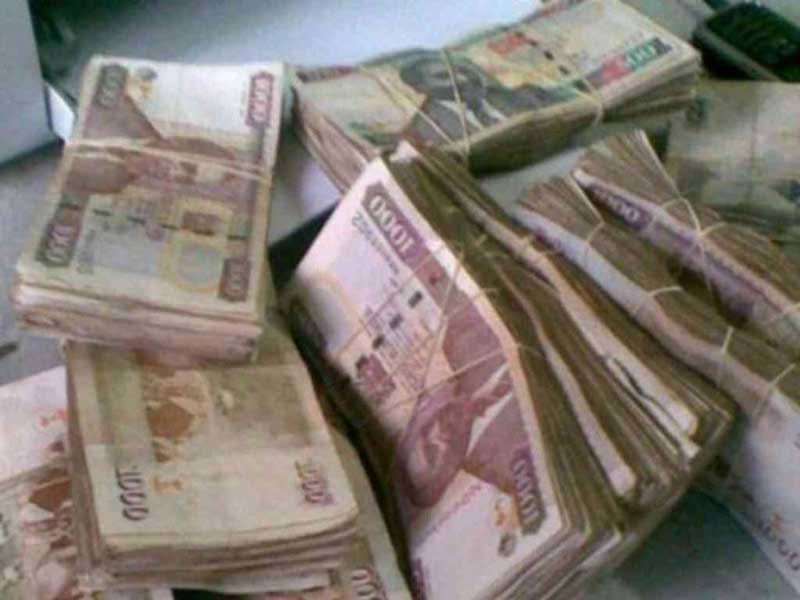
With revelations that Kenyan taxpayers are set to contribute Sh254 billion more in the coming fiscal year to finance Treasury’s Sh2.53 trillion budget, and on-going debate about falling revenue collections, there may be no better time to discuss what we need to do as a country to improve our tax pile.
A sound and predictable tax system is a crucial determinant of the effect an industry will have on other fields that have a direct nexus with it. A good example in this case is last month’s revelation by the Kenya Revenue Authority (KRA) that taxes from excisable goods such as beer, spirits and cigarettes fell by nearly Sh4.09 billion in the first nine months of the current financial year, compared to the same time last year.